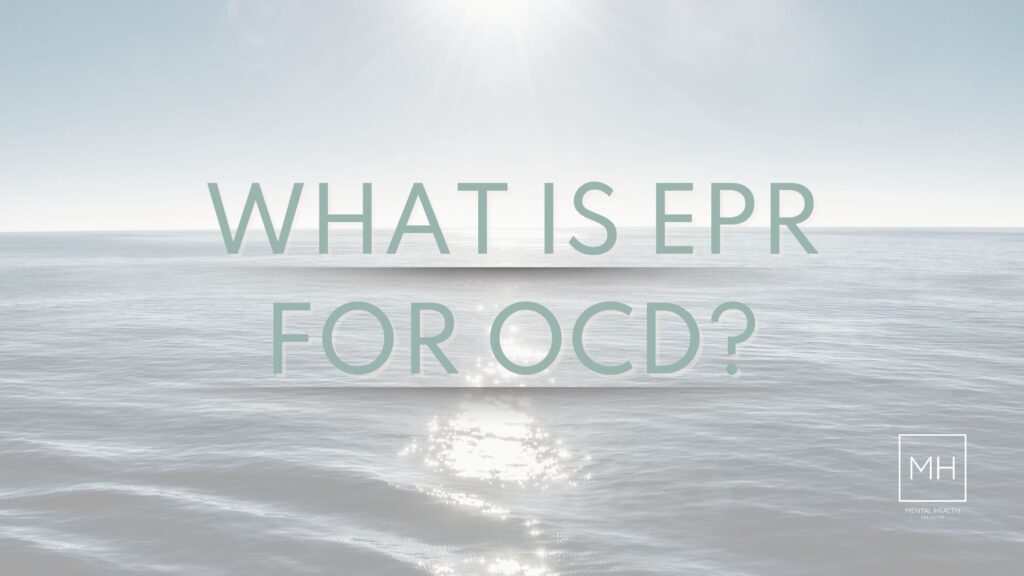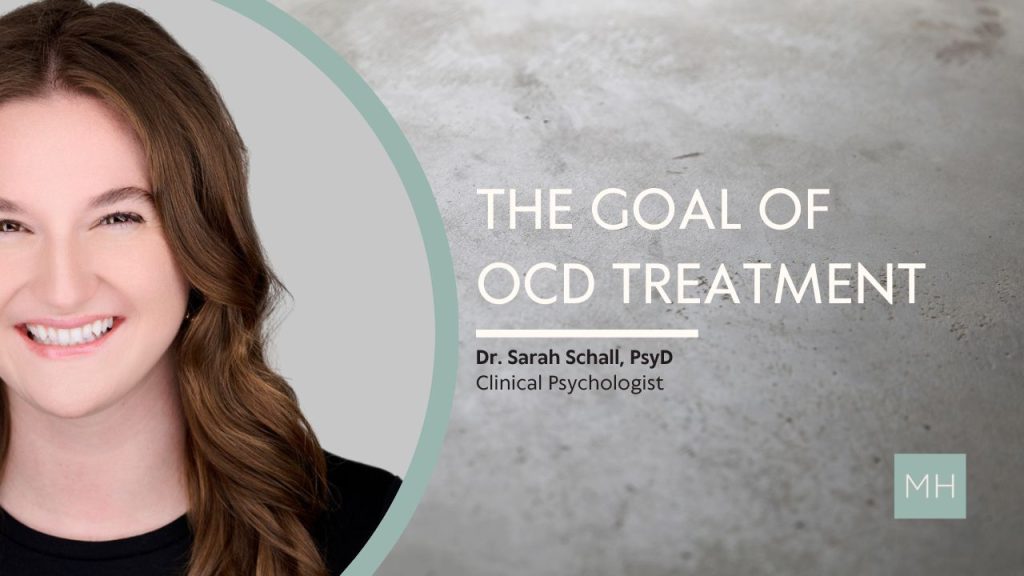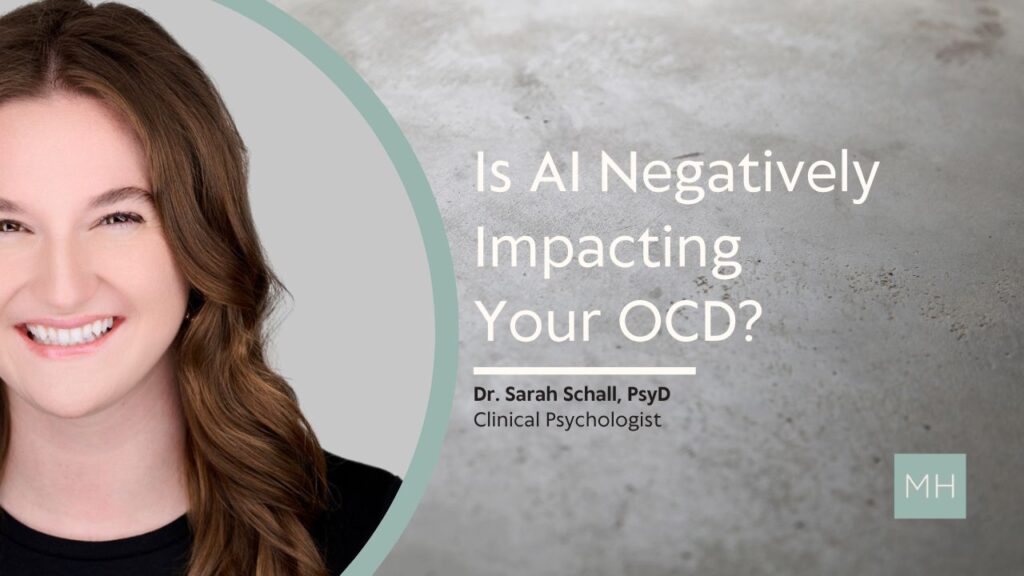
Exposure and Response Prevention Therapy (ERP) is a type of Cognitive-Behavioral therapy that has been shown to be effective in the treatment of Obsessive-Compulsive Disorder (OCD). When you engage in ERP, your therapist coaches you through the situations which cause you anxiety, while learning not to engage in compulsive behaviors. Patients who undergo ERP therapy have successfully achieved symptom reduction and in some cases recovery from OCD.
MORE ABOUT OCD
Obsessive-Compulsive Disorder is a complex anxiety disorder that affects each patient differently. Some patients have co-occurring disorders alongside their OCD, such as major depressive disorder. Those with OCD have varying types of intrusive thoughts, as well as varying compulsive behaviors. For example, one patient may engage in compulsive hand-washing from a fear of contracting a disease, while another can’t escape a feeling that his hands are unclean. Some who have OCD are afraid of losing control and harming themselves or others.
What Steps Does Exposure and Response Prevention Therapy Entail?
ERP begins with a comprehensive evaluation by a skilled clinician. As part of the initial evaluation, the clinician will explain in detail what ERP is and what to expect.
You will work together with your therapist to identify:
Which external and internal stimuli trigger your anxieties and fears
What outcomes you fear from which stimuli
The specific compulsive behaviors you use to cope with the stimuli
You and your therapist may work together to identify your symptoms and fears, ranking them from most to least distressing. This detailed and comprehensive examination of your symptomology allows your clinician to determine the severity of your disorder and develop a treatment plan which may include intensive therapy and/or medication.
Once you and your clinician have identified and ranked your triggers, fears and compulsive actions, ERP therapy begins. Your clinician will support you through situations where you confront your triggers without engaging in the compulsive behaviors.
After time spent experiencing the triggers without the associated compulsive behavior, you can learn that the outcomes you fear do not happen. After each session, you and your therapist will process the experience and explore your feelings and what you learned.
ERP is a Gradual Process
You will start by confronting your triggers one at a time, beginning with the least challenging triggers. Once you’ve become accustomed to confronting these less-feared triggers without engaging in compulsive behaviors, you can gradually move up the scale to the triggers you fear the most. As you progress in therapy, your therapist may also assign you homework as part of the process.
ERP is usually challenging in the beginning. Eventually, through confronting your triggers without engaging in the compulsive behaviors, your fears can subside. Most patients who undergo ERP therapy greatly improve with time, and some recover completely from OCD.
Training to Administer Exposure and Response Prevention Therapy is Crucial
For individuals suffering from OCD, ERP may be the most effective therapeutic modality. Other types of talk therapy may not result in significant symptom improvement. It is possible that the combinations of medications and ERP can be even more effective.
At the Mental Health Collective, we have dedicated clinicians who specialize in ERP Therapy. We offer both residential and day treatment, depending on your individual needs. Our goal is to support you through your process of recovery. .
The Mental Health Collective Can Help You to Face and Overcome OCD
At the Mental Health Collective we are dedicated to helping each individual who comes to us for treatment. We believe that recovery should be more than just symptom reduction. Our focus on functional recovery, and integrative, evidence based treatment allows you to move beyond symptom reduction, and live a life aligned with your goals and values.
Your treatment may include:
Yoga
Mindfulness practices
Massage therapy
Journaling
Nutrition
Exercise
Art
Medication
Individual, family, and group therapy
Our small, peaceful treatment center includes both supportive living and outpatient facilities. The Mental Health Collective treatment team includes board certified psychiatrists, licensed psychologists, nutritionists, counselors, yoga instructors, and many other dedicated specialists who will work together to help you achieve the best outcome possible. Our goal is to help you to gradually recover, and be able to enjoy a healthy and purposeful life.
DO YOU HAVE A QUESTION?
Send our team a message or call 888.717.9355

